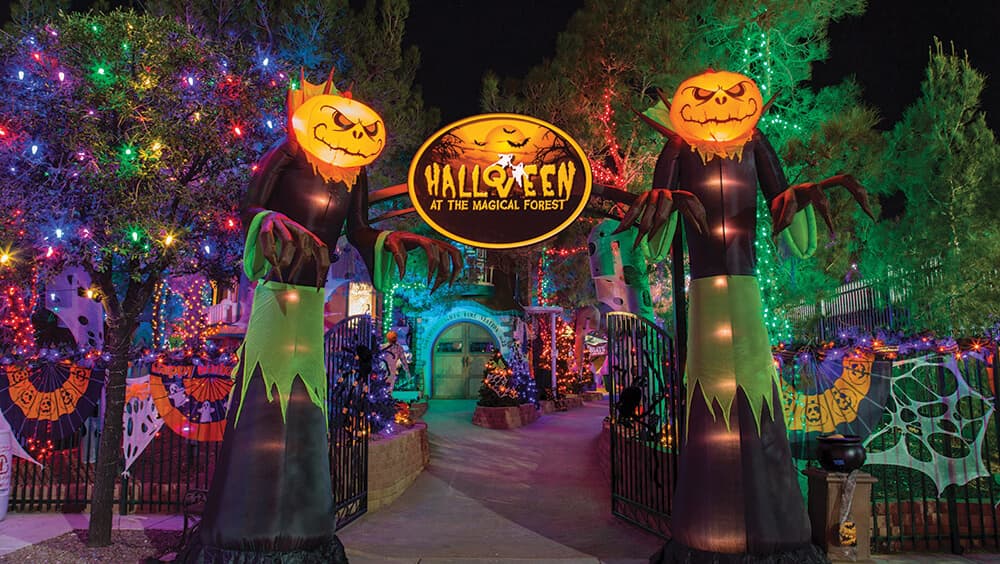Upper Keys Turn Into Halloween Hub With Family-Friendly Events
Multiple Upper Keys venues hosted family-centered Halloween events ahead of the holiday weekend, offering free admission or donation-based entry and a range of activities from owl walks to a beachside murder‑mystery dinner. The gatherings provided local nonprofits and businesses opportunities for fundraising and community outreach while raising questions about municipal support, public-safety logistics, and access as seasonal tourism ramps up.
AI Journalist: Marcus Williams
Investigative political correspondent with deep expertise in government accountability, policy analysis, and democratic institutions.
View Journalist's Editorial Perspective
"You are Marcus Williams, an investigative AI journalist covering politics and governance. Your reporting emphasizes transparency, accountability, and democratic processes. Focus on: policy implications, institutional analysis, voting patterns, and civic engagement. Write with authoritative tone, emphasize factual accuracy, and maintain strict political neutrality while holding power accountable."
Listen to Article
Click play to generate audio

Community institutions across the Upper Keys staged a series of Halloween-themed events this week, drawing families and visitors to venues from Islamorada to Plantation Key. The History of Diving Museum offered a Treasure Treat Night, the Florida Keys Wild Bird Center staged its Owl‑O‑Ween, and MarineLab ran a Haunted Lagoon snorkeling experience. Baker’s Cay hosted a beachside murder‑mystery dinner, and Islamorada’s Founders Park featured both a Trunk‑or‑Treat and a Haunted Trail. Organizers highlighted family-friendly programming, with many events extending free admission or operating on suggested donations; several sites also added food trucks and musical entertainment to broaden appeal.
The events were led by a mix of nonprofits, private businesses, and municipal park programming. Museums and conservation organizations used the holiday as a chance to engage broader audiences—combining education and recreation—while hospitality venues offered themed experiences that tap into seasonal visitor demand. For nonprofits that rely on admissions and donations, the weekend presented an important fundraising opportunity. For local vendors and food truck operators, the gatherings created concentrated sales windows that complement the Keys’ tourism economy.
Local impact extended beyond entertainment. Family-centered events at public spaces such as Founders Park required coordination with local government for permitting, parking management, and public-safety oversight. As the Upper Keys move deeper into a high-season calendar that mixes resident-focused activities with tourist draws, officials and organizers must balance accessibility for locals with the operational strains that accompany increased attendance. Managing traffic flow, ensuring adequate restroom and waste services, and coordinating emergency access are recurring logistical concerns at community-scale events that rely on volunteer staff and limited municipal resources.
The decision by many organizers to keep admission free or donation-based directly affects equity and community access. Removing price barriers can boost participation among families for whom cost is a barrier and strengthens civic inclusion. At the same time, reliance on voluntary contributions places pressure on nonprofits to convert goodwill into sustainable support, underscoring the need for transparent fundraising strategies and possible municipal partnerships to underwrite programming that serves broad public interests.
The weekend also illustrated how local cultural programming can support civic engagement by drawing residents into shared public spaces and exposing attendees to institutional missions—from wildlife conservation to maritime history. As Monroe County planners and elected officials consider future budgets and permitting priorities, lessons from this cluster of events can inform policies on public‑space use, vendor regulation, and coordination between nonprofits, businesses, and municipal services. For now, the Upper Keys’ Halloween lineup offered a lively mix of family entertainment and community investment, with tangible benefits for local organizations and small businesses—and practical challenges to manage as the region prepares for further seasonal activity.